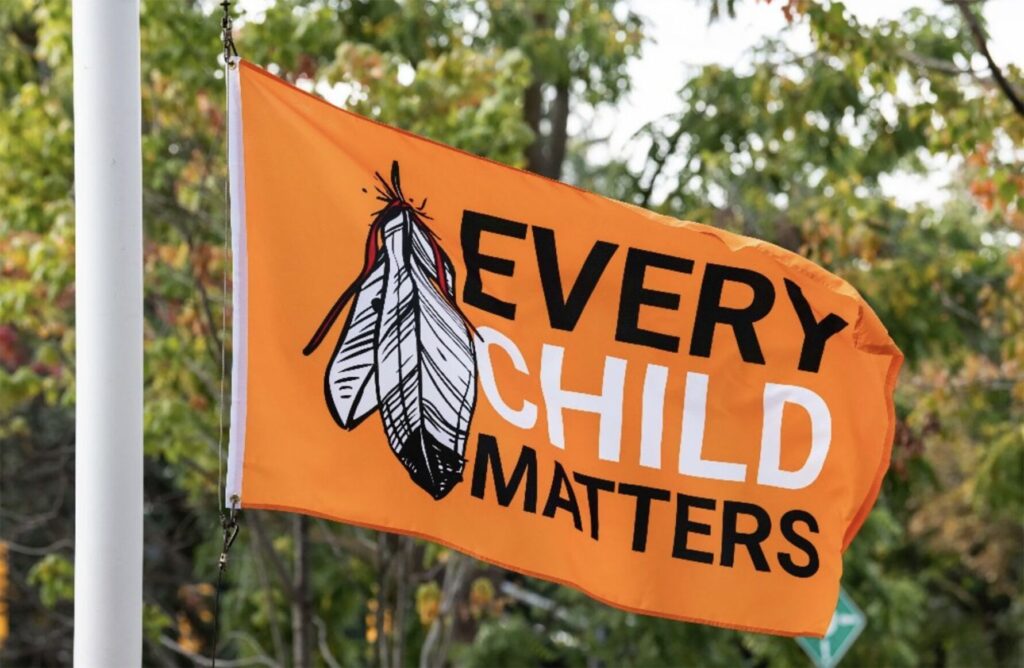
Introduction
National Reconciliation Day is a significant occasion in Canada, representing the ongoing efforts towards reconciliation with Indigenous peoples. It aims to promote understanding, respect, and healing following a dark chapter in the nation’s history, specifically regarding residential schools. As society addresses these complex issues, many individuals and organizations are left wondering: is National Reconciliation Day officially recognized as a holiday?
Current Status of National Reconciliation Day
As of now, National Reconciliation Day is not designated as a federally recognized statutory holiday in Canada. The day is observed annually on September 30, coinciding with the National Day for Truth and Reconciliation, which was established to honor the lost children and survivors of residential schools, as well as their families and communities. The Canadian government proclaimed this day nationwide in 2021; however, it does not grant a holiday status to all employees.
Several provinces and territories, however, have taken steps to recognize this day differently. For example, British Columbia and Manitoba have declared it a public holiday, encouraging employees to partake in events that promote awareness of reconciliation processes. Other provinces, while lacking formal recognition, have seen numerous organizations and institutions voluntarily close their doors in observance of the day. This shows a growing awareness and commitment to the significance of reconciliation efforts.
Events and Significance
Various events and educational initiatives take place across Canada on September 30. These activities include community gatherings, public ceremonies, and workshops aimed at educating the public about the history and legacy of residential schools. By encouraging participation, the nation seeks to foster a better understanding of the experiences of Indigenous peoples and move towards reparative action.
Conclusion
In summary, while National Reconciliation Day is an essential observance in Canada to support Indigenous peoples, it currently does not hold the status of a nationwide holiday for all Canadians. The growing recognition of this day highlights the country’s commitment to addressing historical injustices and fostering a more inclusive society. As the conversation around reconciliation continues to evolve, there’s potential for change in how National Reconciliation Day is seen and recognized. This underscored significance will likely stir discussions around expanding its recognition in the years to come, making it a focal point for collective reflection and action across the nation.



